 After I’d been publishing for a number of years, I had an eight-year period where major personal and professional losses piled on each other.
After I’d been publishing for a number of years, I had an eight-year period where major personal and professional losses piled on each other.
During this time, I had four surgeries in thirteen months and took on extra work to pay medical bills. Our teenage adopted child was having severe emotional problems, I went through a divorce, moved twice, remarried, and survived a blended family’s three custody battles. Then came the corporate publishing take-over when my eleven books went out of print.
Block or Burn-Out?
At that point, I could no longer write; no “Ten Tips for Overcoming Writer’s Block” would help me. The common advice was of no use: “Just retype the last page of your previous day’s work and you’ll be off and running.” There wasn’t any previous day’s work … or previous month’s either.
I had symptoms of “writer’s burn-out”: by-products of prolonged stress. It can be treated. Each symptom stifles a writer’s creativity in a specific way and needs a specific remedy.
Symptoms
FIRST, my buried feelings refused to come to the surface. I felt like a robot trying to write. My heroine’s impassioned speeches were stilted and wooden. Plots I hatched were so worn they were threadbare. This was because during a crisis we get rigid control over our feelings. We have to in order to deal with things. Over many months, feelings “under control” become “frozen feelings.” This numbing out spells disaster for writers because we rely on emotions to bring characters and conflict to life.
A SECOND symptom concerns your self-image. During stress, self-esteem takes a plunge. To write best, we need to feel good about ourselves. Long-term crises (divorce, child in trouble, job loss) deal heavy blows to even a healthy self-esteem. It leads to increased fears of criticism. How does that affect you as a writer? Even in the best of times, negative reviews and rejected manuscripts are tough to handle. When emotional resources are shot, normal parts of a writer’s life become impossible hurdles, and we become fearful of trying any new project.
THIRD, after prolonged stress, we often are no longer able to unwind. To create, we need a relaxed, “loosened” state of mind. During long-term stress, because of the extraordinary need for tight control of our feelings and behavior, we become rigid and lose our ability to relax that control when the need passes. Always having “everything tightly under control” leaves a writer too rigid to produce a decent rough draft.
Solutions
There are some antidotes to thaw your frozen feelings and restore your confidence. They’re simple–but effective.
FIRST, tackle your “frozen feelings.” Pay attention to yourself, learn again to identify emotions. You’ve probably been so centered on others for months that you lose touch with how you actually feel. Get re-acquainted with yourself. A simple journal of daily events and the feelings aroused can be very helpful. Sample journal entries: “When John criticized me at lunch I was so furious that my hands shook” or “That meeting with the attorney left me feeling anxious, as if I’d somehow lost his approval.” Identify and record those feelings. Try writing out your prayers and tell God how you feel too.
SECOND, work on your self-esteem. Lost self-confidence is sometimes tied to isolation that sets in during periods of long-term stress. We don’t feel up to seeing people. It’s easy to retreat within our own four walls; writers don’t even have to leave the house to go to work. We tend to get locked into our homes during high-stress periods. Your office begins to resemble a prison. Even in public, we isolate ourselves from others by “putting on a happy face.” To rebuild self-confidence, break your self-imposed isolation. Walk to the park, putter around a museum, take an adult ed class, go to the movies with a friend, and talk to a counselor. Get out.
THIRD, give yourself permission to relax. Let go of those around you. After living with out-of-control situations, giving up control can seem terrifying. However, giving up the rigid control will probably be necessary if you’re to be a productive writer again. Our best work–our most creative–comes from us when we’re in those relaxed states of mind.
All Healed Now?
Suppose you’ve come this far. You’re now in touch with your feelings, you’ve come out of isolation, and you’re letting other people live their lives while you get on with yours.
Does the writing now flow automatically? Unfortunately, no.
The final task is to coax your creativity out of hiding. It’s not really gone–just merely in hibernation. Often it’s just a matter of changing course, being creative in another area of your life for a time. So try another creative outlet. Each person’s choice will be different. For me, flower gardening and quilting did the trick. Just start small (not some big formal garden or king-sized quilt for a wedding.) You need a no-pressure project.
I planted two tiny plots of petunias and impatiens. I stitched individual quilt squares for wall hangings and table coverings. These were small projects that I worked on for ten or fifteen minutes at a time. Slowly, over time, as I stitched and hoed and prayed, my mind’s rusty gears started to turn. It wasn’t long before my quilting and gardening time produced more story ideas than flowers or wall decorations, and my burn-out was a thing of the past.
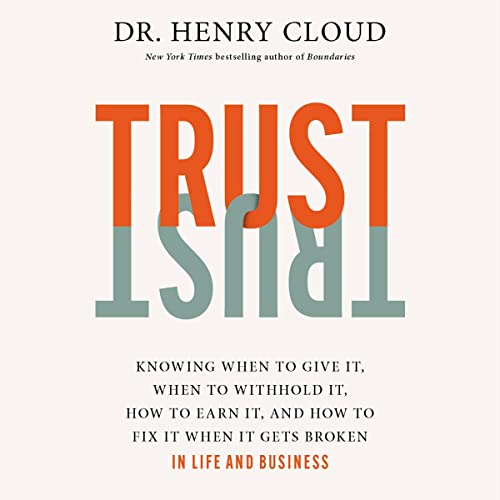 If you have experienced betrayal as an adult, or abuse as a child, trust is a big, scary deal. You are a rare person if, in today’s world, you don’t have trust issues.
If you have experienced betrayal as an adult, or abuse as a child, trust is a big, scary deal. You are a rare person if, in today’s world, you don’t have trust issues.

 In addition to a Covid family death, I lost two friends in December, plus my last (and favorite) uncle. The focus was on grieving, plus a severe autoimmune flare-up it caused.
In addition to a Covid family death, I lost two friends in December, plus my last (and favorite) uncle. The focus was on grieving, plus a severe autoimmune flare-up it caused. 




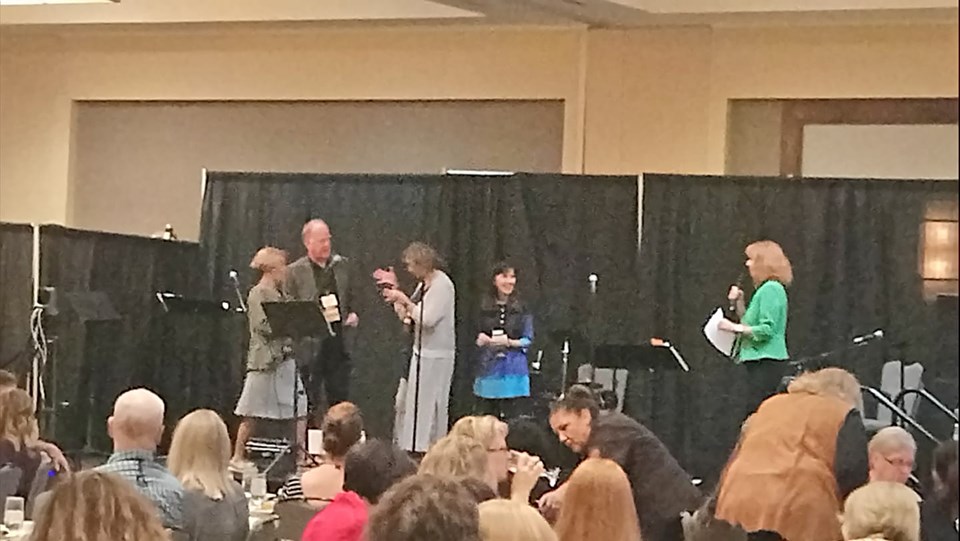
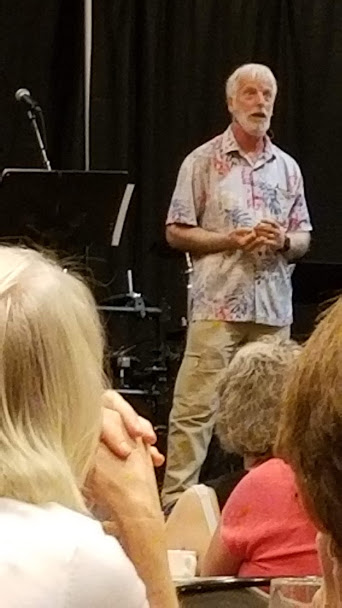
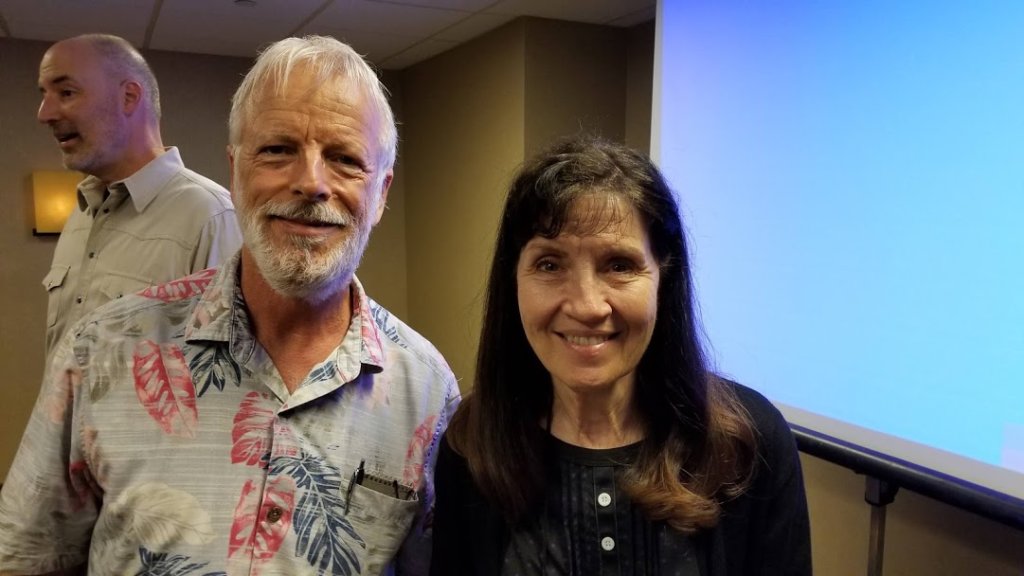 deep, a rare combination, and such a kind man. He was our keynote speaker for the weekend, plus he shared in workshops, and I came as close to being a groupie fangirl as I have ever come in my life.
deep, a rare combination, and such a kind man. He was our keynote speaker for the weekend, plus he shared in workshops, and I came as close to being a groupie fangirl as I have ever come in my life. 

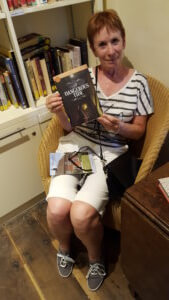 Talk about encouragement! I was sent this photo a couple weeks ago. Her name is Kathy Carter, and when she and her husband visited England recently, they stopped at Jane Austen’s home in Chawton. She is in the reading room, and she found my Jane Austen book,
Talk about encouragement! I was sent this photo a couple weeks ago. Her name is Kathy Carter, and when she and her husband visited England recently, they stopped at Jane Austen’s home in Chawton. She is in the reading room, and she found my Jane Austen book, 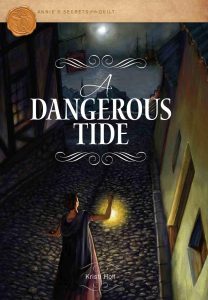
 in the cloud if you want to peruse such things later for encouragement on the days when the words don’t flow or your rejection letters outnumber your fan letters ten to one.
in the cloud if you want to peruse such things later for encouragement on the days when the words don’t flow or your rejection letters outnumber your fan letters ten to one. 


